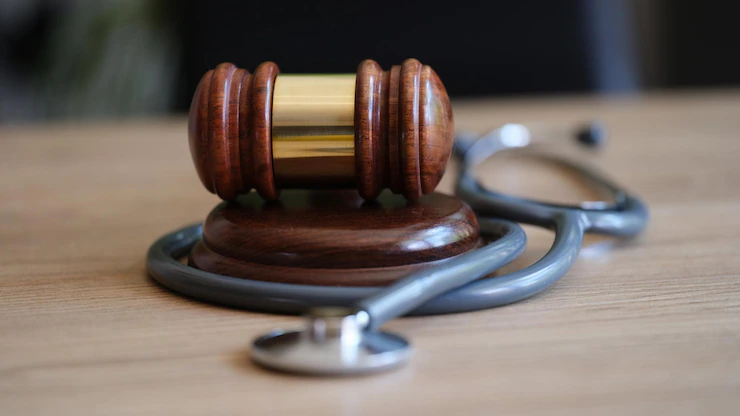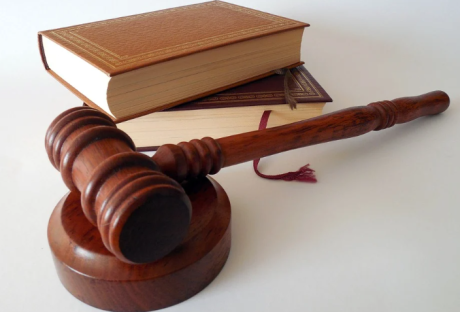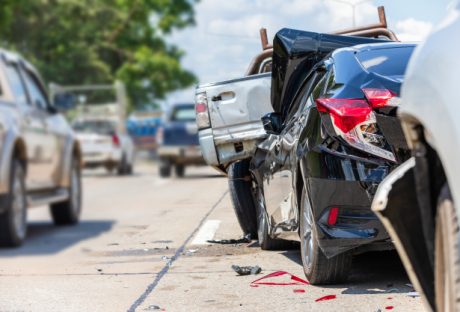Have you had an accident?
Are you injured badly?
Did the accident make you lose your wages?
And, are all these the result of someone else’s fault?
If Yes, you can file a personal injury claim and ask the at-fault party to compensate the damages. For different states, the personal injury law and case filling vary.
It means you need to know the rules and regulations of the particular state you are living in.
In case you are in Utah, you will have the usual understanding of the basic personal injury rules and regulations in Utah. Here in this article, we will offer you the necessary information about Utah personal injury rules.
So, let’s get started now.
Filing Utah Personal Injury Lawsuit: Deadline
Just like all the other states, when it comes to filing the claim or case in court after any kind of injury or accident, you have a particular limit of time.
This specific rule of filing the claim within the time period is known as the statute of limitations. As per the statute of limitations, you will have 4 years of time for bringing a personal injury case to court.
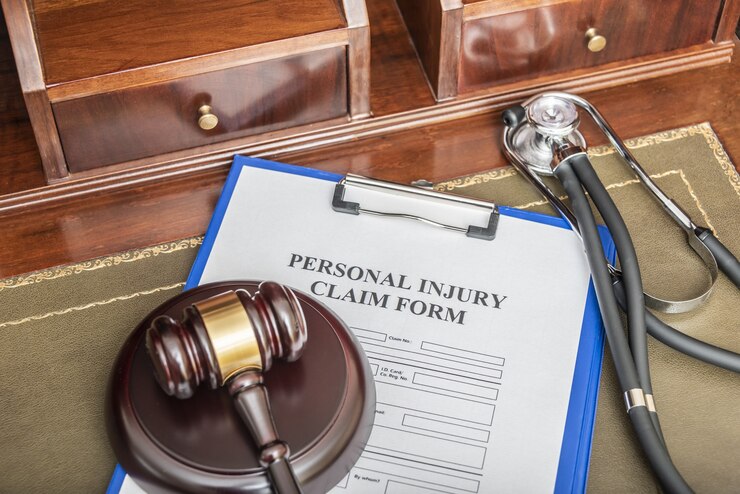
In case you fail to file your personal injury case within these 4 years, the time period from the day of the injury or accident, the Utah court might refuse to hear your case at all.
It is extremely crucial that you keep track of the statute of limitations. At any cost, you have to ensure that you are filing your Utah personal injury case in court within the particular time period.
To know more detailed information on personal injury claims in Utah and the Utah personal injury Statute of Limitations, you can contact Swenson & Shelley; they will guide you with all legalities.
Shared Fault In Utah Injury Cases
After filing your personal injury lawsuit or insurance claim in Utah, you get to know that the entity or person against whom you are filing your case also insists that you are partly at fault for your injuries.
In case you find out that you are sharing some of the liability for your particular injury, the comparative fault rule of Utah might reduce the number of damages which you might recover from the other party that is at fault.
And, in case you are found to be 50% at fault or more than that, you might be restricted from getting any type of damages at all. Let’s understand this concept with a simple example.
Suppose you met with an accident at the grocery store due to a broken tile. You didn’t see the broken tile and tripped because you were busy scrolling through your Facebook feed. Now, when your personal injury case was represented in court, you were found to be 20% at fault for the particular accident, and the rest of 80% at fault is applicable to the grocery store.
Now, after calculating the damages, you will not get compensation for the complete damage, or just a part of it, because you were also at fault for that accident. As per Utah’s comparative fault, you will not get compensation for the percentage of your damages that is equal to your at-fault percentage.
So, in case your total damage is $20,000, you will get $16,000 because you were 20% at fault and the other party is 80% at fault for your injury.
Now, in case you are found 50% or more at fault, your compensation will automatically get reduced to “0.” Whenever an injured person is found that be or is sharing fault in a court-based injury case, the comparative fault rule is applicable as per Utah State law.
Caps On Injury Damages In Utah
Like a lot of other states, Utah also caps or limits some particular types of damages in personal injury cases. This is so true specifically for non-economic or pain and suffering in medical malpractice cases.
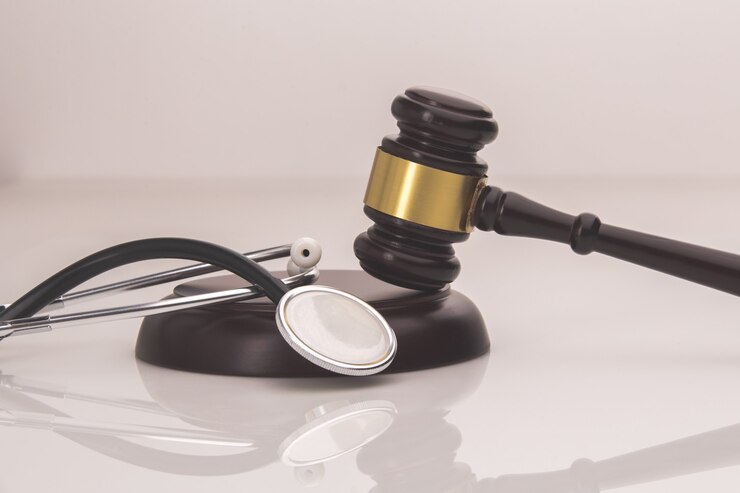
You will find all the details regarding this on the Utah Courts website. There you will also get the process of determining the cap for different cases. Here, you also have to keep in mind that the cap does not at all apply to all types of injury cases.
It is applicable only to those coming from any kind of medical malpractice.
The Utah Government Involved Injury Cases
Now, come to the Utah government-involved cases.
If your injury is the result of any government agency or employee’s negligence, a whole different set of rules and regulations will be applied to your personal injury claim. In this case, you will get only 1 year to file your personal injury claim or case that involves the Utah state government.
So, you have 1 year time to file your personal injury case that involves the Utah state government, and in case your initial claim is denied, you will also have 1 year to file an appeal. This one year is calculated from the date of injury or the accident.
A number of injury claims where the Utah government is involved are governed by the Utah Governmental Immunity Act.
Utah Is A No-Fault Car Insurance State
Now let’s talk about the car accident cases. In Utah, a no-fault system is followed. It means that after any car accident injury or damage, the insurance company of the injured person will offer coverage for all medical expenses along with lost income.

Here, it doesn’t simply matter which party is actually at fault. The injured person’s own insurance company is bound to pay for the damages.
Unless your case meets a “serious injury” threshold, you can not hold the other driver liable for your injury after a car accident. Therefore, most minor accidents fall under the no-fault rules.
However, if you can demonstrate that your accident case involves “serious injuries,” you might be able to come outside of the no-fault system and also can file a liability claim against the at-fault driver.
To Conclude
Now, you get a basic understanding of Utah personal injury rules and regulations. We know it is a lot to keep in mind. Also, when you are already suffering from injury, it becomes tough to keep track of everything and file a claim.
Here, a personal injury lawyer will be able to help you.
Additionals:













